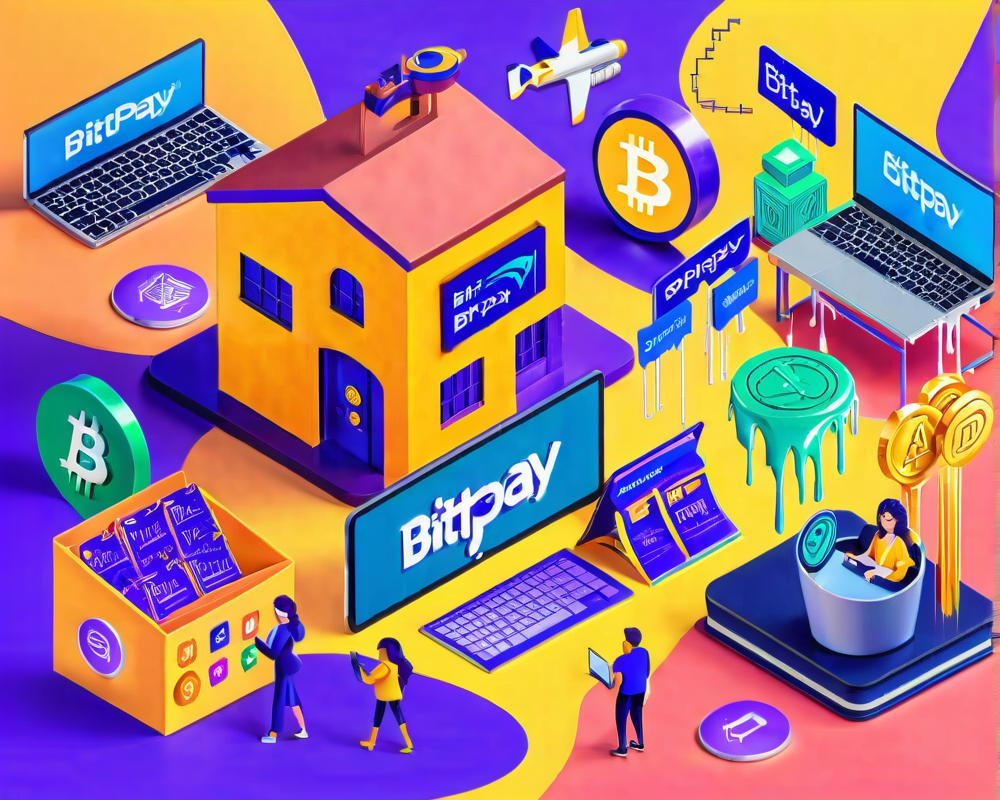The Price of Digital Currency: BitPay’s $500,000 Lesson
In a recent decision that would make any crypto enthusiast do a double-take, BitPay found itself on the wrong side of the law, agreeing to fork over more than half a million dollars to the U.S. Treasury’s Office of Foreign Assets Control (OFAC). The payment is a result of facilitating transactions in sanctioned regions, including hotbeds like Crimea and North Korea. Let’s break this down before you hurl your Bitcoin wallet out the window!
What Went Wrong?
According to the OFAC, BitPay’s services led to an astonishing 2,102 transactions, totaling about $129,000, between 2013 and 2018, involving clients from places confirmed to be on the naughty list of international sanctions. Think of it as a game of Monopoly where someone is desperately trying to collect the “get out of jail free” card but ends up landing in jail instead.
Sanctioned Regions Galore!
- Crimea
- Cuba
- North Korea
- Iran
- Sudan
- Syria
These regions are like the ‘banned books’ section at your local library—off-limits and often enticing with their secrets!
Compliance: Not Just for the Big Fish
The OFAC’s message was straightforward: compliance isn’t optional; it’s a requirement, especially for U.S. entities. They summarized this effectively, highlighting that:
“This action emphasizes that OFAC obligations apply to all U.S. persons, including those involved in providing digital currency services.”
How Did BitPay Miss the Target?
Although BitPay had taken steps to beef up its compliance by gathering IP address data on customers starting in 2017, it appears that the company did not get the memo on analyzing that information effectively until much later. The result? A hefty slap on the wrist—and not the cute, playful kind either!
A Case of Lessons Learned?
In 2020, BitGo faced a similar fate by settling with OFAC over compliance issues. This highlights a pattern suggesting that while crypto companies might not be subjected to earth-shattering fines, they better start looking over their shoulders and take compliance seriously. Otherwise, they might just find themselves swiping their debit card for a hefty fine instead of Bitcoin.
The Future of Sanctioned Crypto
One can’t help but ponder whether those in sanctioned jurisdictions are using digital currency as a workaround. However, examples, such as Venezuela’s ill-fated Petro token, remind us that not all crypto schemes are golden. It’s almost like trying to sell ice to an eskimo; sometimes, it just doesn’t flow, folks!
A Cautionary Tale
This entire saga serves as a cautionary tale for anyone in the digital currency space—know your customers, especially where they’re from. Just like in life, knowing where someone is coming from can save a lot of headaches later down the line!




